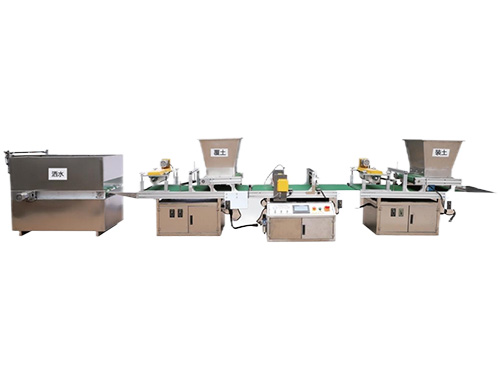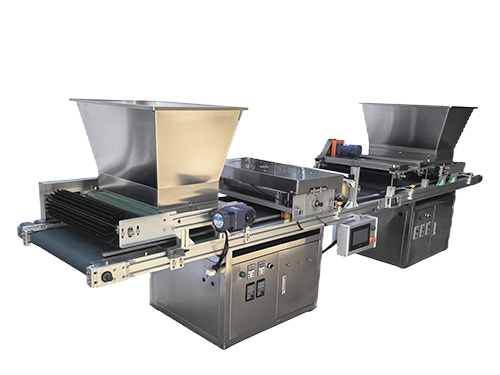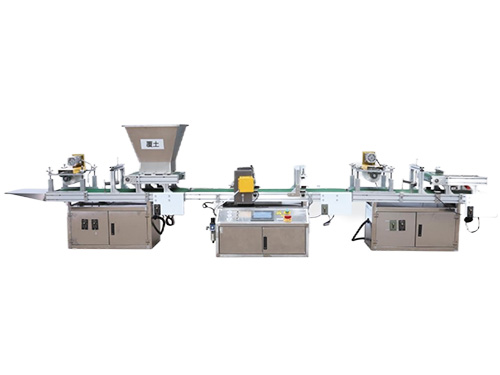Comparison of Advantages Among Different Types of Seedling Trays to Help You Make Easy Decisions
2025-04-21 12:53:42
I. Introduction
When faced with a variety of seedling trays on the market, choosing the right tool directly impacts the success of seedling cultivation. This article dissects the core advantages of mainstream types, providing an in-depth comparison from structure to function to help you precisely match your planting needs.
II. Basic Understanding of Seedling Trays
2.1 Definition and Function
Seedling trays are standardized partitioned containers that enable categorized cultivation of seeds through individual cells, offering features such as root control, moisture retention, and disease isolation.
2.2 Evolution Timeline
From traditional wooden shallow trays to modern plastic and foam materials, structural iterations have led to specialized designs like deep-hole plug trays and self-watering trays, adapting to diverse planting scenarios.
III. Analysis of Advantages of Mainstream Types
3.1 Shallow General-Purpose Trays
Advantages: Suitable for shallow-rooted crops (e.g., lettuce, herbaceous flowers), with less substrate usage.
Limitations: Deep-rooted plants require secondary transplantation.
3.2 Deep-Hole Plug Trays
Advantages: Ample vertical growth space for taproots, reducing root entanglement.
Applications: Ideal for seedling cultivation of fruit vegetables like tomatoes and okra.
3.3 Partitioned Grid Trays
Advantages: Precise control over sowing density, minimal damage during thinning and transplanting.
Applications: Suitable for commercial seedling production and fine management scenarios.
IV. Selection Decision Guide
4.1 Matching by Plant Characteristics
Small Annual Flowers: Small-hole plug trays for refined cultivation.
Large Vegetables: Large-diameter deep trays to support root expansion.
4.2 Adaptation to Functional Scenarios
Home Balconies: Lightweight shallow trays + partitioned designs.
Greenhouse Facilities: Deep-hole plug trays + stackable structures.
V. Conclusion: Choosing the Right Type Multiplies Efficiency
Different seedling trays each have their strengths, with the key lying in matching plant root characteristics and management scenarios. By adhering to the principle of "structural adaptation to growth," your seedling cultivation efficiency will significantly improve. Start your journey of precise tray selection by comparing your needs immediately!

The CNC Seed Braiding Machine is a high-precision, fully automated agricultural equipment s...

It adopts electrical integration and can be started by pressing the fully automatic button ...

The XP750 seeder has stable performance, excellent product quality, simple and convenient o...

It adopts electrical integration and can be started by pressing the fully automatic button ...



